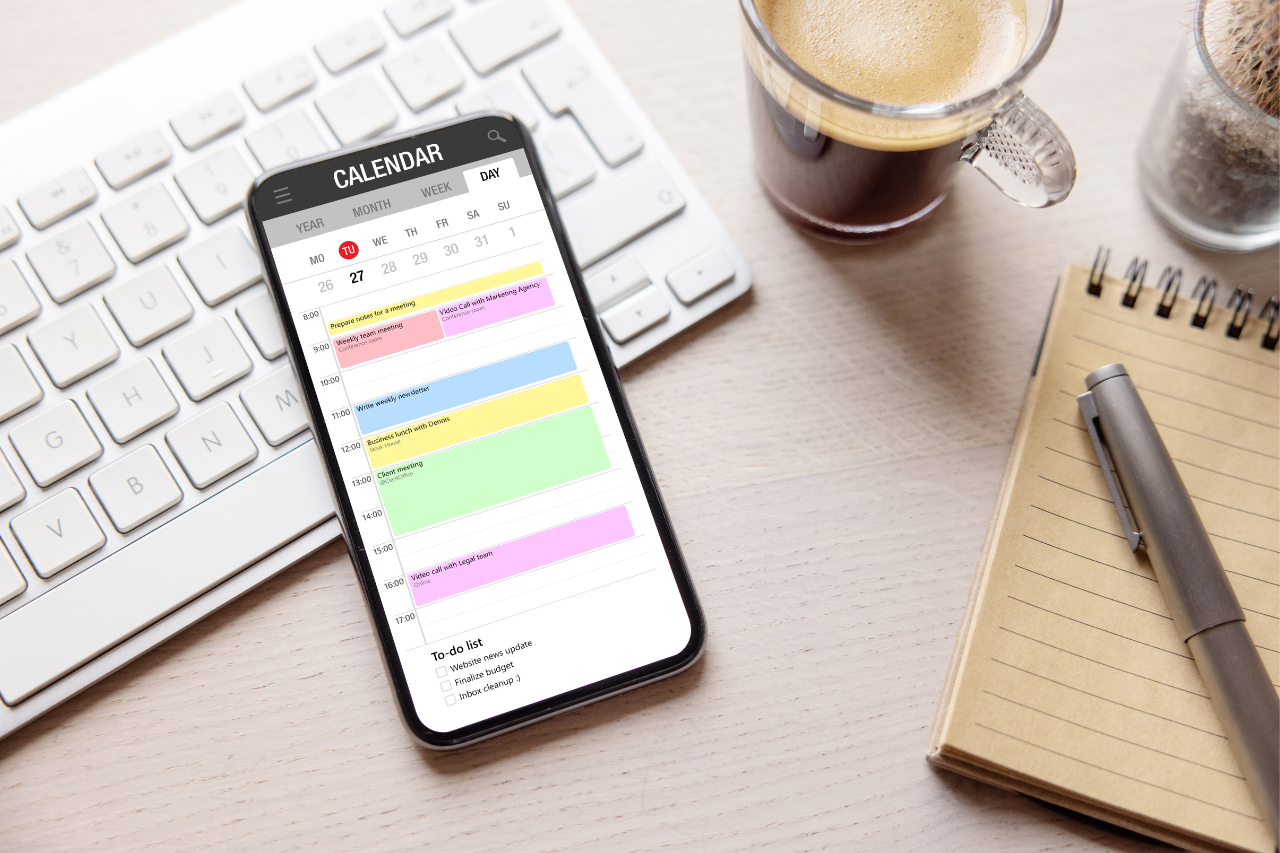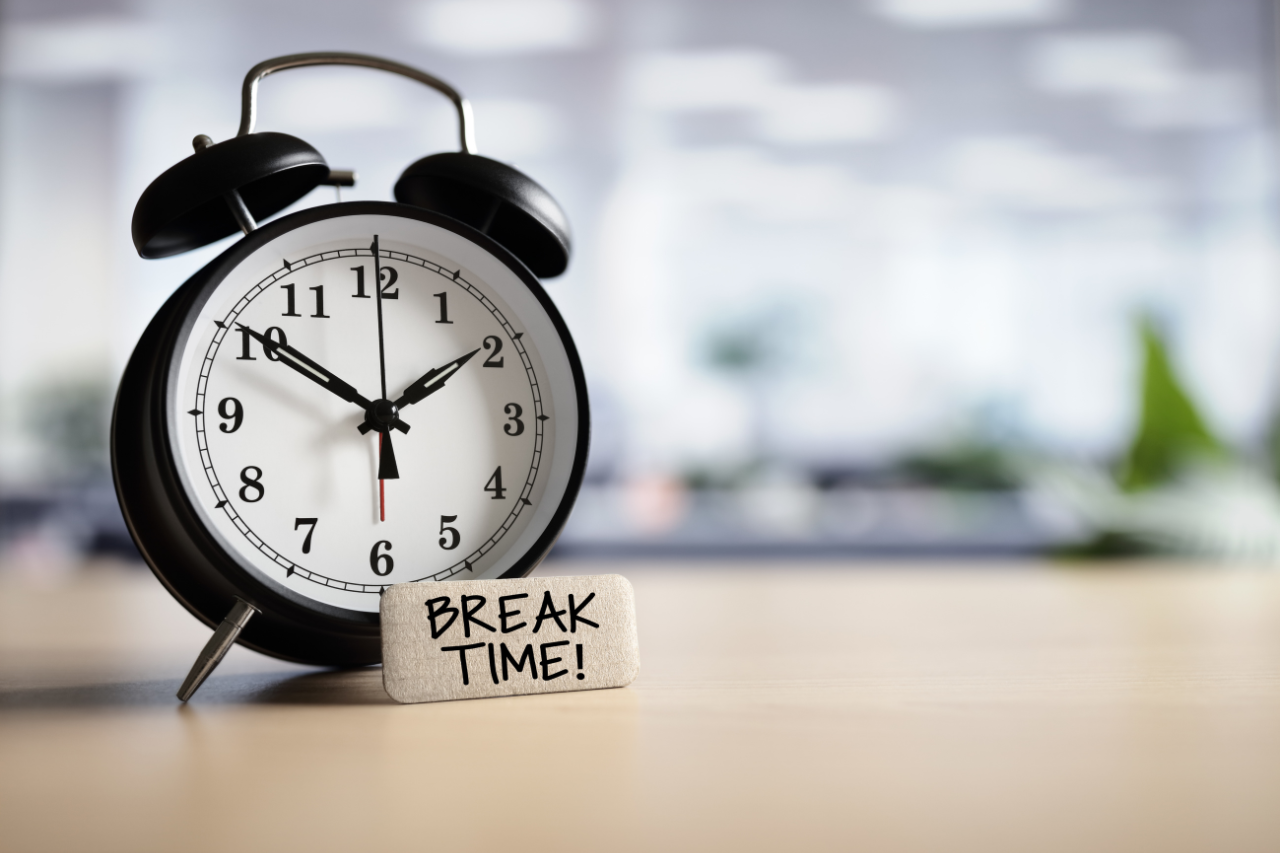A productive day is the outcome of the total input you put into your work to complete your tasks, and having a clear to-do list plays a vital role in making that happen. Every professional needs to balance habits that support time management, as productivity involves effective time management and conscious planning of important tasks and priority tasks. When your day is structured well, it becomes easier to maintain focus, stay focused, and avoid excessive context switching, which often leads to mental fatigue and affects both performance and mental health.
Therefore, it is always feasible to plan your day efficiently to be more productive and achieve your daily goals. The more productive you are, the more quickly you can guarantee yourself the inner satisfaction of having all your habits sorted out. Starting with a consistent morning routine helps you identify your major task, break it into meaningful tasks, and organize productive tasks into a realistic to-do list. By learning how to group similar tasks, you reduce stress from handling more tasks within a busy schedule, while still leaving room to schedule meetings and respond to urgent priorities. This structured approach not only improves your team’s productivity but also helps you complete important tasks without burnout.
With the right planning, you can manage your energy better, reduce mental fatigue, and focus on what truly matters—turning everyday effort into consistent results.
1: Manage Your Time

This can be as open as making sure you schedule essential tasks on your calendar or as complex as creating an automated workflow that takes care of everything for you.
Either way, it’s important because it helps keep us organized and because there are many things we do well when we’re not distracted by other things (like social media).
2: Avoid Distractions

Don’t check your email in the morning when you have a task to complete or are feeling stressed. Jumping straight into messages or reactive work can quickly reduce efficiency and drain your focus. If you must go online, do it later in the day—many people use Google Calendar to intentionally schedule communication blocks. This creates more control over your time and helps you stay productive for longer periods instead of reacting all day. Avoid doom scrolling, which steals attention and makes it harder to return to meaningful work.
Turn off notifications on your phone and put it away so it doesn’t interrupt your routine or distract you from your most tasks. Constant interruptions break deep work, making you spend more hours working without actually being productive. By protecting your focus—especially during deep work sessions—you preserve more energy and improve overall well-being. Small changes, taken in baby steps, can make a big difference over time.
3: Know Your Limits

When we talk about productivity, one of the essential things you can do is know your limits. True productivity isn’t about squeezing in more hours; it’s about knowing when to rest, when to push, and how to stay productive without sacrificing your well-being. Whether you’re a night owl or an early riser, respecting your natural rhythm helps you focus on your top priorities and work with intention.
Overcommitting leads to exhaustion, makes you feel overwhelmed, and increases the risk of burnout. Taking short breaks between focused sessions of deep work helps you stay productive, maintain clarity, and avoid burnout. Learning to pause, reset, and reflect allows you to stay productive consistently—without compromising your health or happiness.
4: Be Assertive

Don’t think twice about saying yes when clients or friends want you to help them with their projects—even if they seem like great opportunities in life. While collaboration can add value to relationships and professional growth, it’s important to be intentional about where you invest your time. You don’t need everyone’s permission before stepping away from your own projects; instead, explain why a particular commitment makes sense right now and how it will add value if done well.
Being selective helps you feel accomplished at the end of the day rather than overwhelmed. When you protect your priorities, you’re more likely to move through life with clarity and purpose, wake up the next day energized, and focus on work that truly matters. Remember, every “yes” shapes your life, and sometimes saying no is exactly what allows you to stay accomplished and fulfilled in the long run.
5: Don’t be Afraid To Ask For Help

Don’t be afraid to seek help from your coworkers who are better at things than you—but always try asking first! It is always better to learn new stuff from your coworkers. Of course, having a tremendous individual commitment level is good, but working with your colleagues as a force is always helpful.
6: Schedule Tasks Into Your Day

One of the essential things you can do to have a productive day is to schedule tasks for your day. This will help you prioritize what needs to get done and prevent any unproductive time from happening. Prioritize tasks by project/task name, time frame, and deadline (if applicable). Do this first before anything else!
7: Take Breaks!

Schedule breaks between work sessions if possible (but only sometimes). It’s easier for humans to focus when we have nothing else competing for attention in our minds—so it’s best not to overwhelm yourself with too much at once! Breaks are needed to balance the workload stress; otherwise, you can just end up exhausting yourself if it disturbs your productivity.
8: Manage Your Energy Levels

Sleep well: Getting enough sleep is the first step to a productive day. You need to be able to focus and think clearly when you wake up, so you must get enough rest each night.
If you don’t have the time or energy for this task, make sure your bedroom is dark and quiet, so your mind can rest without distractions from outside noise or other activities happening around you during the day (e.g., pets).
Of course, it doesn’t matter how much sleep or a distraction-free work environment you have if no one is paying attention during their workday - but this isn’t just about getting more sleep; it’s also about keeping track of where everyone is at all times, so they don’t get into trouble trying too hard at something before they’re ready because someone else wants them around right now!
Eat well: Make sure that whatever food choices you choose as part of your daily routine are healthy! This is especially true if there will be any extended periods of sitting down at work—you don’t want anything weighing down on your body while trying hard, not just physically but mentally too!
9: Communicate Clearly

Communicating clearly gives us a better chance of achieving our goals. Communication is essential because it allows us to work together towards a common goal.
We can all benefit from improved communication, but even more so when we’re not using it well (or at all). Communication is key when collaborating with others to reach the best results possible.
If you want something done right and efficiently, then clear communication will help ensure everyone involved knows what needs to be done and how long it will take them/you guys/etcetera.
Conclusion
The bottom line is that productivity is about managing your time, mental energy, and attention. Using productive means like planning your daily tasks around high-energy windows allows you to focus on one task at a time without feeling overwhelmed. Techniques such as time block scheduling help protect focus time, ensuring the time spent on work leads to making progress rather than distraction. Without structure, it’s easy to lose focus after just a few minutes, especially when tackling a difficult task or engaging in creative work. Incorporating regular breaks, deep breathing, and short pauses throughout the day supports both physical health and mental clarity, helping you feel productive instead of drained. Many tools and techniques help you achieve this, but the most important thing is to create a clear plan of action each day so that you know exactly what needs to be done and when it needs to be done.

More Posts
How to Track Time Spent on Projects?
Picture this: your dynamic project demands the best from your team and you. Suddenly, amidst the chaos and activity, you find yourself lost in understanding where most of the time is spent. Is...
7 Top Task Management Software for Teams
In the ever-expanding digital universe, team collaboration and organization are pivotal for success. Task management software for teams has become a lifesaver, streamlining processes and ensuring all tasks are timely. From sticky notes...
9 Reasons Time Management Coaching is Important
Time management coaching helps people focus better. It makes work time more productive. Without it, people waste a lot of time. They get easily interrupted or distracted. But, with good coaching, these problems...
10 Writing Hacks for Beginners
![10-writing-hacks-for beginners.webp]() Writing can be tough, especially for beginners. It's common to feel stuck or overwhelmed. But even famous writers admit it's not always easy. This article shares tips to help new writers...